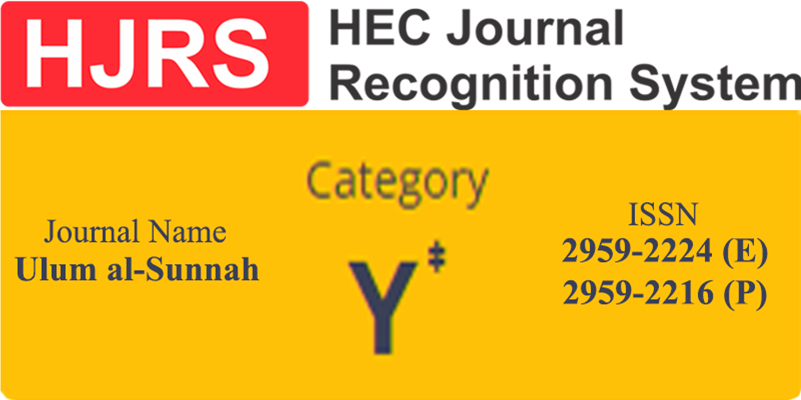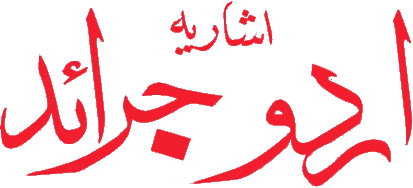قادری صوفیاء کے نزدیک تعلیم و تربیت کی ضرورت و اہمیت
The Importance and Need of Education and Training in the View of Qadiri Sufis
Keywords:
Taleem, Tarbiyyat, Qadiri, Sufiyya, MuashraAbstract
This research article explores the educational and spiritual contributions of Sheikh Abdul Qadir Jilani Baghdadi (470-561 AH) and the revered spiritual leaders of the Qadiriyya order. Like other prominent Islamic movements, the Qadiriyya order emphasizes the critical role of education and training (ta'leem wa tarbiyyat) in shaping individuals and society according to Islamic teachings. The Qadiri Sufis are particularly distinguished for their dedication to education, intellectual development, and spiritual refinement. This study highlights the key educational philosophies and training practices advocated by the Qadiri Sufis, drawing insights from the Quranic verses and the Hadiths of Prophet Muhammad (ﷺ). Furthermore, it examines the theoretical frameworks and practical initiatives undertaken by this order to enhance personal growth and societal welfare. By delving into this analysis, the article demonstrates how the Qadiriyya order has made significant intellectual and spiritual efforts in the realm of education and training, contributing to the broader landscape of Islamic pedagogical traditions.
Downloads
Published
How to Cite
Issue
Section
License
Copyright (c) 2024 Syed Abaid-Ur-Rehman Abid, Prof. Dr. Abdul Hameed Khan Abbasi, Dr. Muhammad Ashfaq

This work is licensed under a Creative Commons Attribution-NonCommercial 4.0 International License.
This is an open-access journal which means that all content is freely available without charge to the user or his/her institution. Users are allowed to read, download, copy, distribute, print, search, or link to the full texts of the articles, or use them for any other lawful purpose, without asking prior permission from the publisher or the author. All articles are available on the internet to all users immediately upon publication. Non-commercial use and distribution in any medium are permitted, provided the author and the journal are properly credited.









